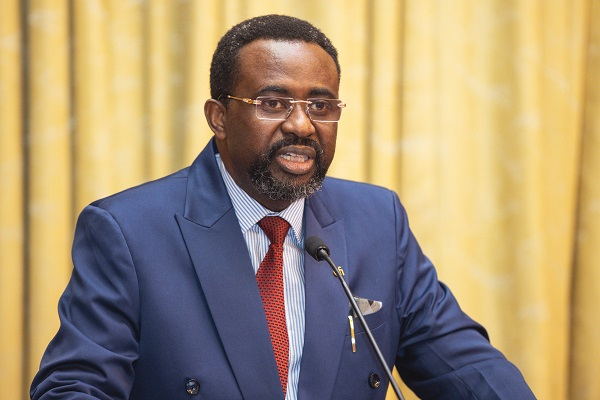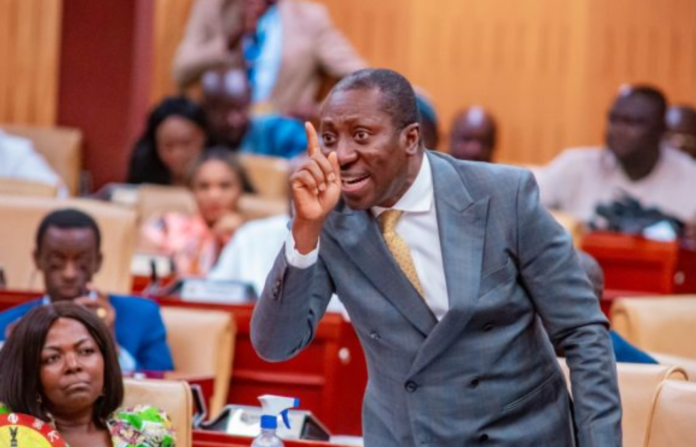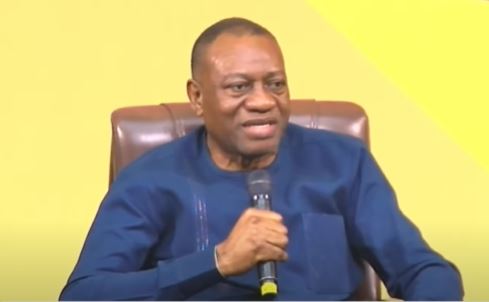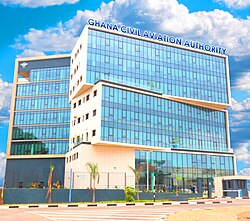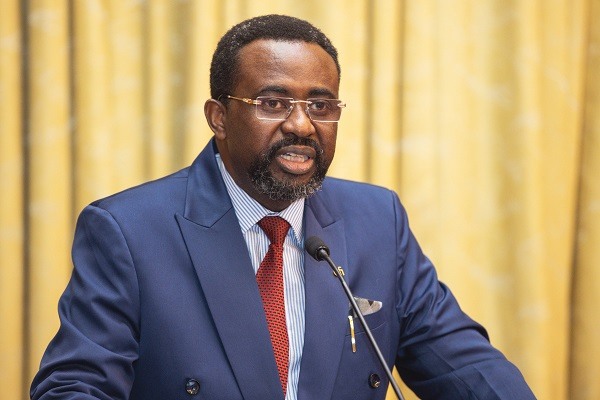The Bank of Ghana (BoG) said it will inject as much as $1.15 billion into the country’s foreign exchange market in October as part of a new intervention strategy aimed at stabilizing the Ghanaian cedi.
Starting this month, the central bank will begin twice-weekly, price-competitive spot auctions of U.S. dollars through its Domestic Gold Purchase Programme. The move marks a shift toward more structured FX intermediation, with officials citing the need for improved price discovery and deeper interbank market liquidity.
Speaking in Accra at a closed-door meeting with commercial bank executives, BoG Governor Dr. Johnson Asiama emphasized that the auctions will be open to all licensed banks and conducted without preferential access or special conditions.
“This is about ensuring transparency, price efficiency, and a level playing field,” Dr. Asiama said. “The Bank of Ghana will act strictly as an intermediary. We are not targeting any specific sectors or institutions.”
The monthly auction volume—currently pegged at $1.15 billion—may be adjusted based on market conditions, the central bank said. However, the broader aim is to curb forex market volatility and build resilience in the local currency.
The cedi has faced persistent depreciation pressures in recent months, driven by elevated import demand, capital outflows, and constrained inflows from traditional FX sources such as cocoa and gold exports. Analysts say the BoG’s plan could offer temporary relief but caution that deeper structural reforms remain necessary.
The FX intervention comes as part of the Domestic Gold Purchase Programme, an initiative launched by the BoG to leverage Ghana’s gold reserves as a buffer against external shocks. The program seeks to reduce the country’s dependency on external dollar inflows by using domestically mined gold to shore up reserves.
In addition to the forex measures, the central bank is calling on commercial lenders to scale up financing for small and medium-sized enterprises (SMEs) and agribusinesses—sectors it sees as vital to long-term economic growth.
Dr. Asiama also urged banks to create export-oriented financial products, partner with local insurers to reduce offshore forex leakage, and consider public listings to bolster their capital bases and enhance market transparency.
“Stabilizing the cedi requires more than monetary tools,” the governor said. “It demands alignment across fiscal, financial, and structural policy.”
The BoG's foreign exchange operations will be closely watched by investors and local businesses alike, as Ghana navigates a complex economic environment marked by currency instability, inflationary pressures, and slowing GDP growth.



